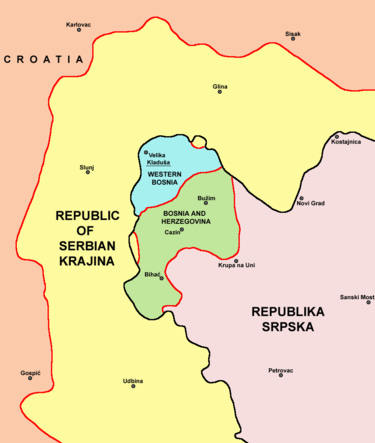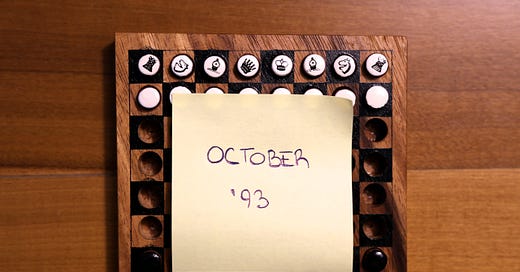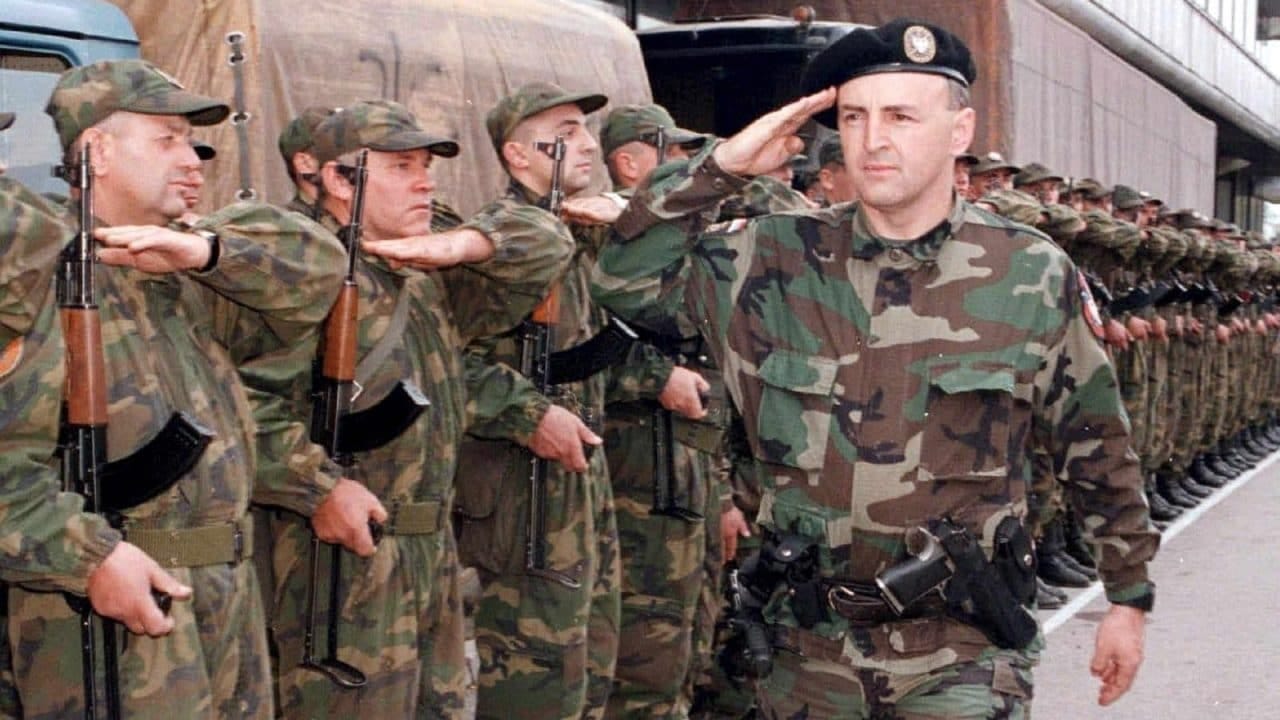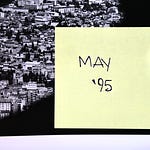October 1993.
The Balkan Autumn opens with a series of infighting affecting all sides in the conflict: Serbs, Croats and Bosniaks [you can listen to the latest episode of BarBalkans - Podcast here].
While in Croatia and Serbia the respective Presidents - Franjo Tuđman and Slobodan Milošević - have to face harsh criticism from the opposition, in Bosnia and Herzegovina the situation is even more unstable for two reasons.
On one hand, the ongoing fighting that alternates between significant victories and unsustainable armed pressure on Sarajevo.
On the other hand, the birth of a new entity on Bosnian territory, which divides the Bosniak front. The Autonomous Region of Western Bosnia, created and chaired by the billionaire businessman and politician from Velika Kladuša, Fikret Abdić.
The pressure inside and outside Sarajevo
After the furious advance led by the Army of the Republic of Bosnia and Herzegovina in Mostar and the Lašva River Valley, Bosniaks face a difficult time.
Following repeated rejection of the Owen-Stoltenberg Plan by the authorities in Sarajevo, the Parliaments of Republika Srpska and of the Croatian Republic of Herzeg-Bosnia decide to block the emergency supplies to the Bosnian capital on October 1.
Once again, the blockade cripples both the city besieged since April 1992, and the country with nearly 3 million people who depend on UN assistance.
The blockade is nothing more than an instrument of war, but it also affects the United Nations High Commissioner for Refugees staff. On October 25, the tenth UNHCR victim - a Danish driver - falls at a checkpoint in Central Bosnia, killed by Croatian snipers.
While U.N. Secretary-General, Boutros Boutros-Ghali, decides to suspend convoy transit - to avoid putting international staff at risk - on October 29 the European Community decides to ensure «by all means» the flow of humanitarian aid to Bosnia.
But the situation on the ground has now reached almost unimaginable levels of cruelty on the civilian population.
Following the death of 29 people during the Bosnian conquest of the village of Uzdol, on the evening of October 23 a squad of the Croatian Defense Council (the army of the Croatian Republic of Herzeg-Bosnia) storms the village of Stupni Do and puts it to fire and sword.
The Bosnian Croat soldiers massacre 38 people (including five children), with their faces painted black to avoid being recognized by any survivors. The next morning Swedish Blue Helmets find only rubble and charred bodies.
In besieged Sarajevo, the President of Bosnia and Herzegovina, Alija Izetbegović, is trying to respond to the internal pressure caused by the criminal gangs that have been ruling the city for months.
Outside Sarajevo, it is the Serb mortars that worry the defenders. But inside the capital, the other siege consists of criminal gangs’ blackmails led by the commander of the 10th Mountain Brigade, Musan ‘Caco’ Topalović, and the commander of the 9th Mountain Brigade, Ramiz ‘Ćelo’ Delalić.
Even if these squads contribute to the armed defense, they also impose drug, arms and essential goods trafficking, terrorizing Bosnian Serb and Bosnian Croat citizens who remained inside the besieged city.
This is why, on October 24, Izetbegović orders 600 members of the army’s special units to secretly prepare Operation Trebević, which is triggered two days later.
The two warlords are arrested - and Topalović is killed in an escape attempt - after 20 hours of fighting in the streets of Sarajevo.
A controversial repression begins, involving many senior army officers. These include the former chief of staff, Šefer Halilović, who was poorly tolerated by the Bosnian President and already dismissed in June.
The new Islamic nationalism in Bosnia
The crisis in Bosnia and Herzegovina worsens more and more, following the establishment of the Autonomous Region of Western Bosnia. The new entity is financially supported by Tuđman and Milošević to fragment the Bosniak forces.
After having refused Abdić’ proposal to divide the country not into three but into four parts, Izetbegović orders the state of siege in the rebel area, particularly in Velika Kladuša and Bihać.
The result is a new war front in northwestern Bosnia between People’s Defense of the Autonomous Province of Western Bosnia (the squads armed by Abdić) and the 5th Corps of the Bosnian Army.
The new rebel Bosniak entity is supplied with weapons by Serbia and with oil by Croatia. Only in this way it can hold its own against the Army of the Republic. Between October 21 and 22, Treaties of Friendship are signed by the authorities of Autonomous Region of Western Bosnia with the Croatian Republic of Herzeg-Bosnia (in Zagreb) and with Republika Srpska (in Belgrade).
But the plots carried out by the billionaire businessman/politician from Velika Kladuša also exacerbate the tension in Sarajevo, boosting Muslim nationalism.
Firstly, the Muslim informal assembly - after restoring the historical name bošnjak instead of ‘Bosnian Muslim’ - de facto takes the place of the democratically elected Parliament.
Moreover, Izetbegović receives the approval for a third presidential term, the collective Presidency is purged of the most moderate members, and a war cabinet is formed without Bosnian Croat ministers. Starting from Prime Minister Mile Akmadžić, who is replaced by the more intransigent Haris Silajdžić.

New elections on the horizon in Serbia
Meanwhile, a purge takes place also in Serbia, as a result of the clash between President Milošević and the leader of the Serbian Radical Party, Vojislav Šešelj.
The clash ends on October 20 with the Serbian President’s decision to dissolve the Parliament using the pretext of opposition boycott. Since December 1992, the Serbian Radical Party is the second parliamentary force with 73 deputies.
New elections are called for December 19. The date is not coincidental. On December 19, St. Nicholas is particularly celebrated by the Serbs. And this factor may cause more absence at the polls by traditionalist voters (the Radical Party’s electoral base).
Waiting for the polls, Milošević seeks to stop Šešelj not by disbanding his paramilitary units - because it would cause a civil war in Serbia - but by purging the leaders of the armed forces closest to the Radicals.
And, at the same time, he favors the rise of a new ultranationalist party that is easier to manipulate: the Party of Serbian Unity founded by Željko ‘Arkan’ Ražnatović. The leader of the paramilitary squadron of Arkan’s Tigers.
If you know someone who can be interested in this newsletter, why not give them a gift subscription?
Here is the archive of BarBalkans - Podcast:
And here you can find a summary of the past years:

















Share this post